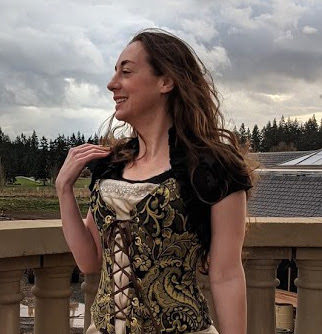Deirdra: What are your favorite kind of books to read and why? Eileen: I like to read paranormal romance and dystopian because it’s just so fun to immerse myself in the fantastical world that the authors create. Real life is so boring sometimes, and it’s a big relief to get to escape to the fantasti…
Monday, January 9, 2012
Monday, January 2, 2012
interview with Author James Hutchings
Deirdra: When did you first know you wanted to be an author? James: I think I've wanted to do something creative since I was a teenager. But I've tried several different things, such as music and filmmaking, before I finally settled on writing. To be honest, if it turned out that I was actua…
Subscribe to:
Posts (Atom)
Total Pageviews
Pages
- Home
- Art
- The Watchers Books
- Time Management For Creative People Workbook
- Book Trailers
- About Deirdra
- Clothing Designs and Paper Dolls
- Photography
- The Watchers Screenplay
- Crafts and Remodeling
- Book Covers
- Animal Family
- Free Stuff
- Watchers Worldwide
- Q & A
- Contact
- Recipes & Food Art
- Family Safety Advocacy
- My Garden
- Endorsements
- The Sanctuary
- News & Events
- Little Church on the Prairie
- Religious Women's Studies
- A Storybook World Podcast
|
Add this to your site |
Highlight the code below to get A Storybook World button







